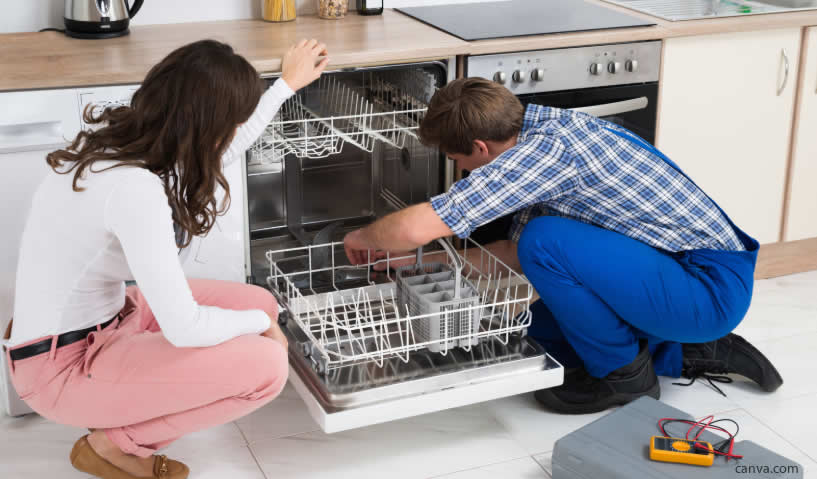Residential Appliance Repair - An Overview
Wiki Article

Benefits of DIY Appliance Repair
Opting for DIY repairs can yield a range of benefits. First and foremost, the potential savings can be substantial. Through avoiding labor costs and purchasing only the required parts, homeowners can often substantially decrease the repair bill. Furthermore, undertaking such tasks can be an educational chance. By delving into appliance mechanics, you not only solve the immediate issue but also gain skills that could be useful for future problems. Finally, DIY repairs enable instant action. Rather than scheduling appointments and waiting for professionals, you can tackle the problem as soon as you have the appropriate tools and knowledge.
When to Consider DIY Appliance Repair
DIY is a viable choice for simpler fixes. Issues like a blown fuse, loose connections, or even a clogged filter might not warrant a professional's attention. Furthermore, we're living in an era overflowing with information. A multitude of online tutorials, ranging from articles to videos, can direct even the most inexperienced individuals through simple repairs, ensuring they don't feel lost or overwhelmed.
Benefits of Professional Appliance Repair
On the other hand, enlisting the services of professionals comes with its own set of advantages. These experts, with years of training and practical experience, Quick Appliance Repair ensure the repair is both efficient and long-lasting. Many also provide warranties for their work, providing the homeowner with peace of mind. If any problems arise after the repair, they will be resolved without extra costs. Furthermore, specific appliance issues can pose substantial risks, whether due to electrical components or gas connections. Professionals are well-versed in managing these high-risk scenarios, ensuring the safety of both the household and the appliance.
Signs You Need a Professional
Not every glitch in an appliance is suitable for a DIY attempt. Complicated issues, particularly those concerning intricate internal wiring or gas connections, are best handled by professionals. Additionally, personal confidence plays a major part. If, at any point, you feel out of your depth or unsure about the repair, it's better to be cautious and seek professional help. An incorrect DIY fix could worsen issues or potentially create hazards.
Appliance Repair Safety Tips
If you do decide to take the DIY route, safety must be the utmost priority. Before even contemplating opening an appliance, always ensure it's disconnected from its power source. This simple measure can prevent potential electric shocks. Another crucial aspect is to maintain a dry work environment. Water and electricity make for a dangerous combination, so ensuring your workspace and tools are dry can prevent unnecessary risks.
Conclusion
Deciding between DIY and professional appliance repair isn't always black and white. It's impacted by the issue's complexity, personal comfort levels, and potential risks. This guide acts as a roadmap, but the final decision is up to you. Always prioritize safety and make decisions that align with your skills and the appliance's requirements.